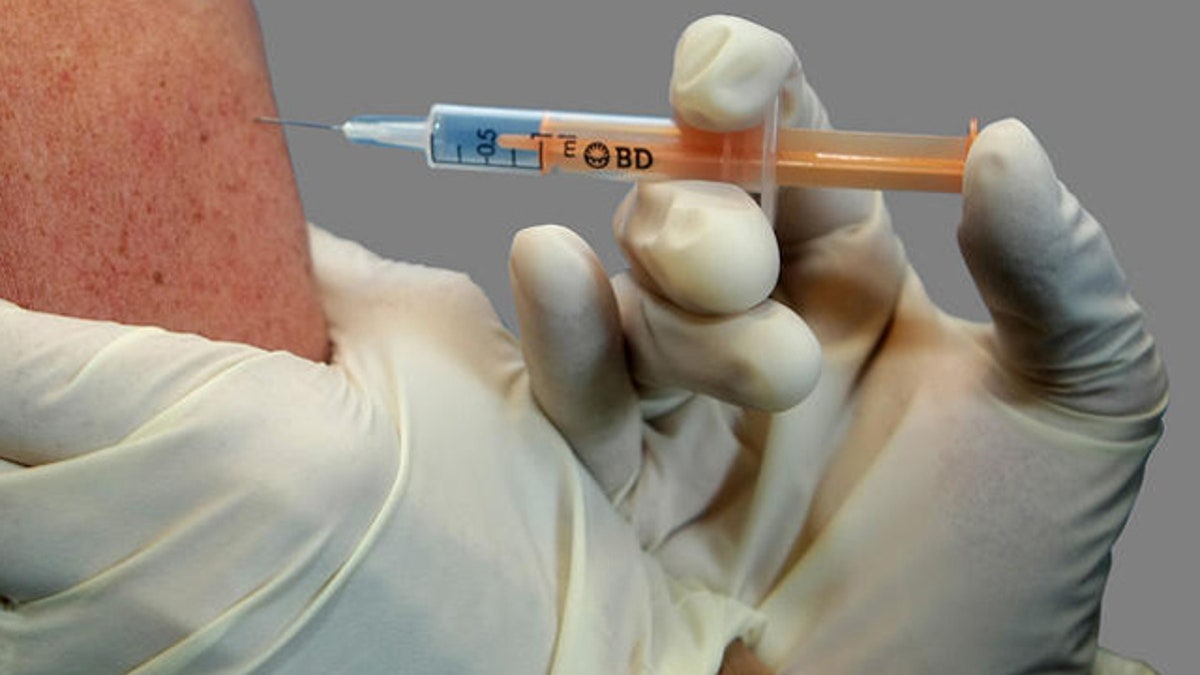
The government of Guatemala is saying the U.S. may have infected more people with syphilis than they originally reported during a controversial experiment in the 1940s.
Vice President Rafael Espada said an investigation into hospital, health department, military and prison records has identified 1,300 people who were intentionally infected with syphilis or gonorrhea during a U.S. experiment in Guatemala, which has already prompted the U.S. government to issue a formal apology. The people, a few who may still be alive, were infected without their knowledge or consent.
"As of today, we have found three or four patients who are still alive," Espada said.
The formal results of the investigation were to have been presented this week, but were delayed when the government had to turn its attention to the massacre of 27 people by suspected drug traffickers in northern Peten province.
No new date has been set for the release of the report.
Records uncovered in the United States in 2010 suggested that researchers in the program in the 1940s attempted to infect about 700 prostitutes, prisoners and mental patients with syphilis. About 770 tests subjects, including soldiers, were exposed to gonorrhea.
Guatemalan authorities had previously expected to find about 1,500 victims. It was unclear whether some in the study were not successfully infected, some were infected with both diseases, or whether Guatemala was unable to identify them all more than 60 years later.
Patients were treated with penicillin. Among the goals of the research was to see how well differing dosages of penicillin worked against different venereal diseases.
Espada said about 10 American and 12 Guatemalan doctors were involved in the two-year study.
The Guatemalan government plans to run ads in coming months, seeking to identify people who were victims of the research program.
In October, U.S. President Barack Obama called Guatemalan president Alvaro Colom to apologize. Earlier, U.S. Secretary of State Hillary Clinton and Health and Human Services Secretary Kathleen Sebelius issued a statement saying "we are outraged that such reprehensible research could have occurred under the guise of public health."
The NIH-funded experiment, which ran from 1946 to 1948, was uncovered by a Wellesley College medical historian. It apparently was conducted to test if penicillin, then relatively new, could prevent some sexually transmitted infections. The study came up with no useful information and was hidden for decades.
The Guatemalan government has not yet taken a position on what kind of reparations should be made in the case.
But Espada, who is a medical doctor himself, noted that an international medical congress had been held in Guatemala around the time of the experiment, and that "the international medical community knew about it."
Espada said the doctors who participated in the study — headed by an American and a Guatemalan doctor, now both dead — "stressed that they wanted very pure races" to experiment on.
Guatemala's population is overwhelmingly Mayan Indian.
Based on reporting by The Associated Press.
Follow us on twitter.com/foxnewslatino
Like us at facebook.com/foxnewslatino








































